Resorts cash in on sun and snow
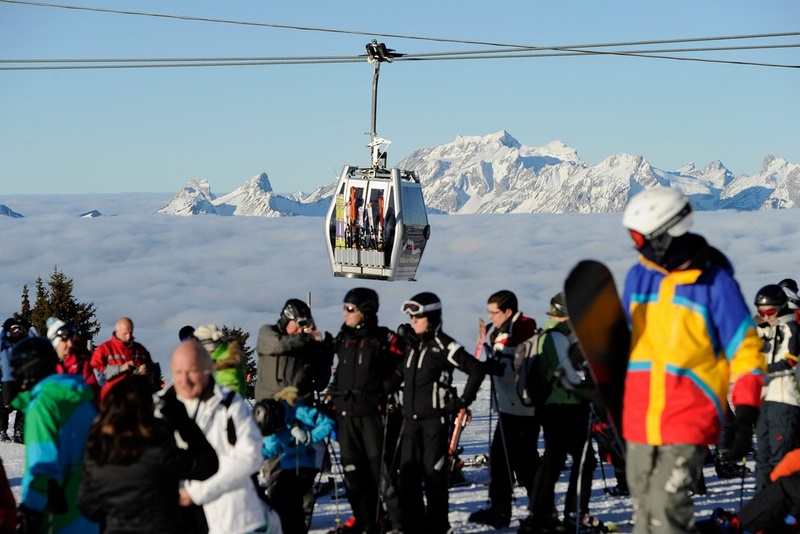
Sunny weather and good snow conditions attracted more Swiss to the ski slopes during the all-important Christmas period, partly making up for a drop in foreign tourists.
The Swiss tourist industry had feared a significant decline in bookings from European holidaymakers due to the strong Swiss franc, which has raised the price of a vacation here by more than ten per cent since last year’s Christmas period.
Tourism is a key industry in Switzerland, ranked fourth in the export sector, generating an annual income of around SFr15 billion ($15.52 billion) for hotels, ski lift companies, restaurants and other service providers.
And the importance of tourism is most obvious during the two-week holiday break at the end of the year when Europeans head en masse for the hills– or ski slopes – to enjoy a white Christmas.
But the strength of the franc had the industry worried that Swiss slopes would be too pricey this year, compared with ski packages in neighbouring euro-zone countries, Austria, France and Italy.
The average occupancy rate at hotels in the resort of Zermatt – with its iconic Matterhorn – was only 75 per cent during the first week of the holiday break.
This was a big drop considering that the figure is usually close to 100 per cent over Christmas, when, according to Zermatt tourism director, Daniel Luggen, there is usually enough demand to fill all beds in the resort “two, three or four times over”.
Christmas chaos
Luggen told swissinfo.ch that Zermatt – like other internationally-popular Swiss resorts – was also affected by the Christmas snowstorms across Europe that shut down many airports and interrupted rail services, leading to hotel cancellations.
However, the snow proved to be a blessing and – combined with sunshine – was the reason the Swiss crowded onto the ski slopes in much larger numbers than last year, not only in Zermatt, but at resorts across the Swiss Alps.
The association representing mountain transport companies said sales of ski passes jumped six per cent compared with last year. The passes were both single- and multi-day, the latter often taken together with a last-minute hotel booking that helped make up for the cancellations, and franc-shy German, Dutch and other European holidaymakers.
Luggen said by December 31 – the start of the second week of the holiday break – Zermatt hotels were reporting occupancy rates nearing 100 per cent.
It was a similar picture in Grindelwald, Wengen and Mürren, the core resorts of the Jungfrau region in the Bernese Alps.
Last minute
“The Swiss decided only two to three days in advance to come to the Jungfrau region, so there were a lot of last-minute bookings,” added Andrea Hess of the Jungfrau office.
The downside was the fact that the last-minute Swiss tended to stay only two to three nights, Hess said, whereas people from abroad traditionally check in for at least a week.
Daniela Bär, spokeswoman from the national marketing office, Switzerland Tourism, told swissinfo.ch it was too early to say how the entire industry fared over Christmas. However she said trends showed that Swiss day trippers and last-minute bookers may have saved the day for many ski areas.
Still, Switzerland Tourism has forecast a drop of four to five per cent in hotel bookings for the entire winter season.
The Jungfrau region will try to win back Europeans by artificially raising the value of the euro. From January 17 until the end of the winter season in April, it is offering hotel-rail-ski packages at a fixed exchange rate of SFr1.50 to the euro, instead of the current SFr1.25.
Price dumping is not something Zermatt is likely to introduce, and certainly not over Christmas because the short 14-day period accounts for about 25 per cent of the resort’s turnover for the entire winter season.
What Zermatt will continue to do is play up its assets, Luggen says. The resort assures visitors they will be able to experience a white Christmas, and provides a high-tech transport system to put them in the snow.
“We have invested SFr500 million in the system over the past five years. That’s an argument few other resorts have,” the director said.
Groomed ski slopes: 7,400km
Cross-country ski trails: 5,500km
Prepared winter walking trails: 2,900km (largest network of winter walking trails in the Alps)
Snowshoe trails: 2,100km
European altitude record: 29 winter sports areas are located above 2,800m (average altitude)
Groomed ski slope with the greatest vertical drop:
Klein Matterhorn-Zermatt: 2,300m (most in Europe)
The Swiss franc is a so-called “safe haven” currency, that means that investors and speculators buy it when other currencies, including the euro and the United States dollar are under pressure.
The increasing value of the Swiss franc is a source of great frustration for exporters – including the Swiss tourist industry – because their goods are more expensive, particularly in the eurozone.
It costs around SFr 1.25 ($1.29) to buy a euro at present. A year ago, it would have cost SFr1.48. The increase in the value of the franc over the 12 months is about 15%.
The Swiss National Bank has emphasised that it does not pursue an exchange rate target, but consistently bases its monetary policy on its legal mandate.
This mandate stipulates that “the SNB is required to ensure price stability, while taking due account of economic developments”.

In compliance with the JTI standards
More: SWI swissinfo.ch certified by the Journalism Trust Initiative

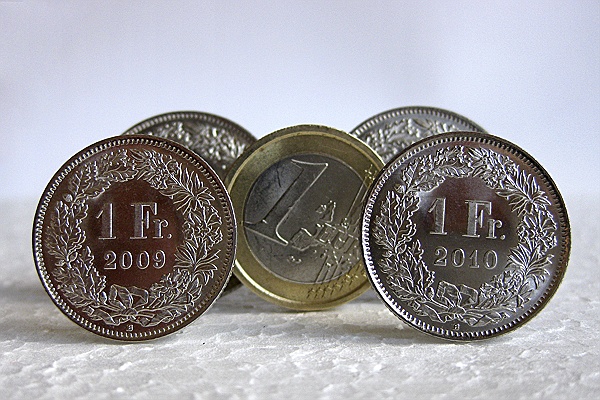
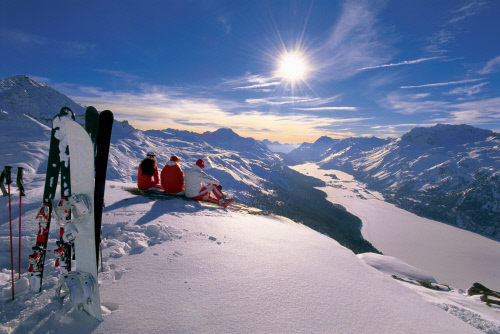
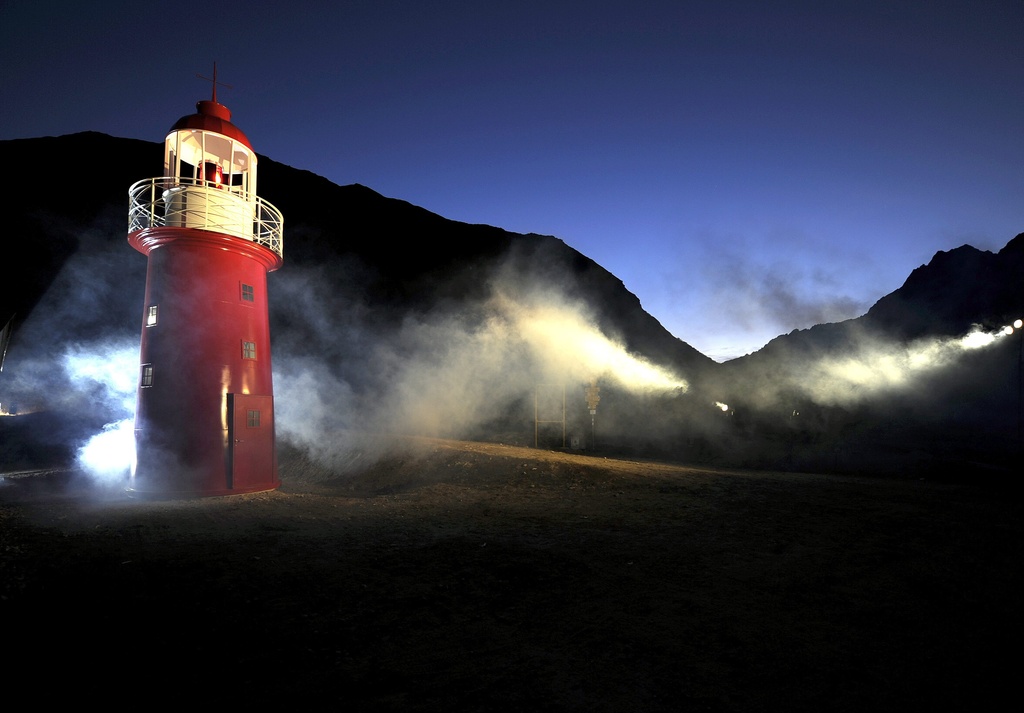
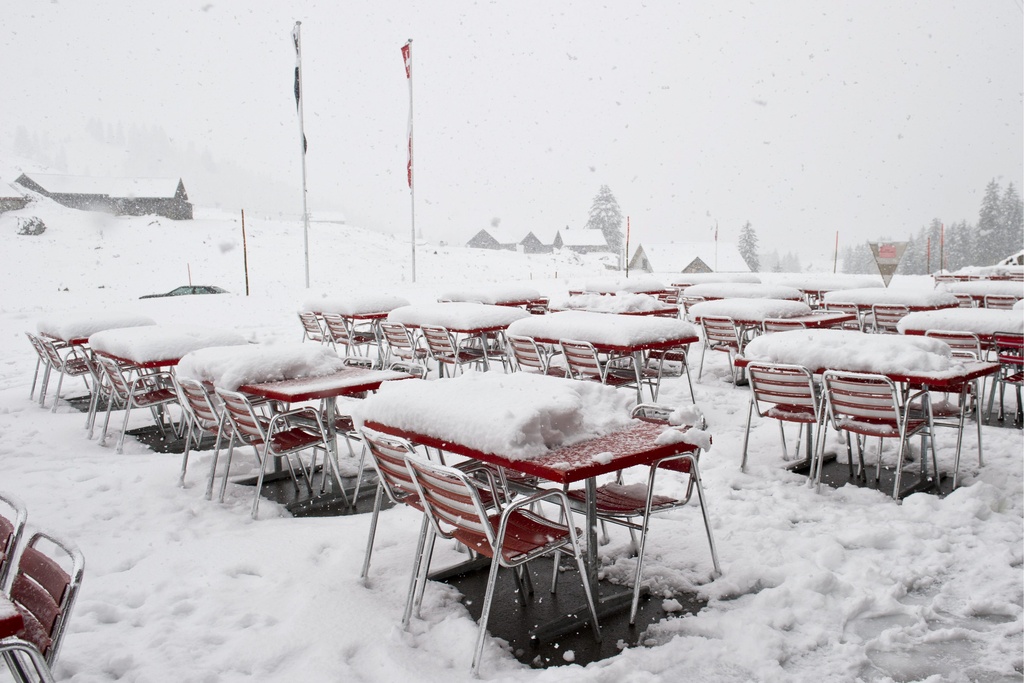
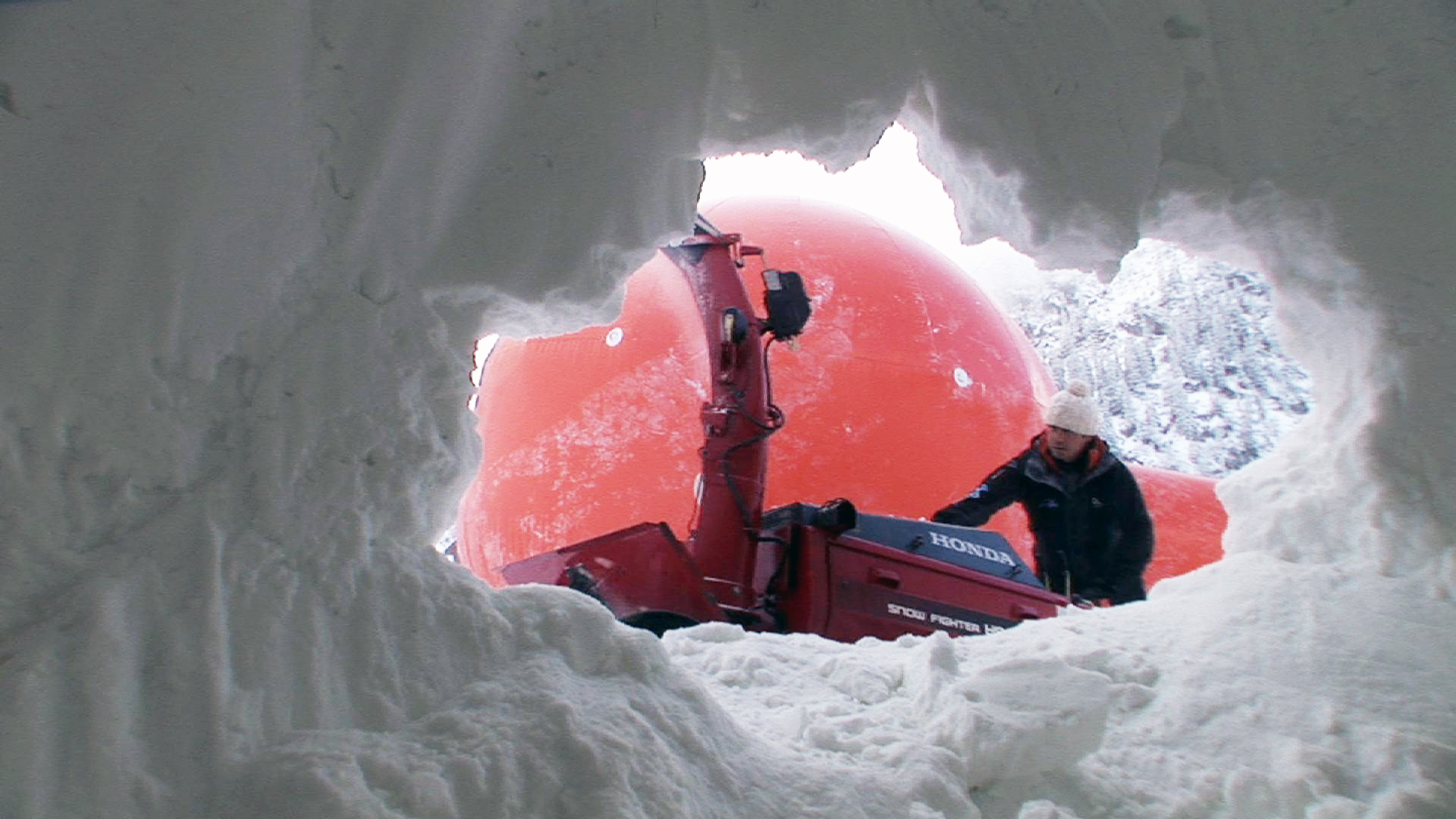
You can find an overview of ongoing debates with our journalists here. Please join us!
If you want to start a conversation about a topic raised in this article or want to report factual errors, email us at english@swissinfo.ch.